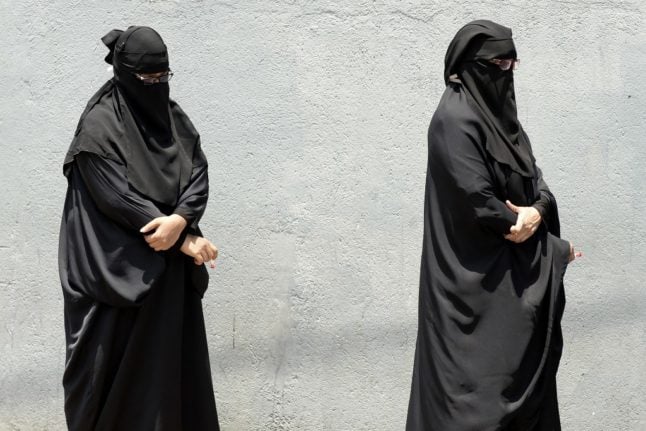The initiative calls for a minimum wage of 22 francs ($24) per hour, thereby raising the potential monthly salary to 4,000 francs for those in the lowest paid jobs, the Tages Anzeiger reported on Tuesday.
It is estimated that approximately 400,000 workers would be affected by the wage-raise, with the majority of them being women.
“It is a simple issue, because it is a question of fairness,” said Ewald Ackermann, spokesman for the Swiss Federation of Trade Unions, reported in Neue Zürcher Zeitung.
The petition could be the first step on the road to a new law. If the initiative is approved by parliament, the new law would eventually be presented for approval to the Swiss people.


 Please whitelist us to continue reading.
Please whitelist us to continue reading.
Member comments